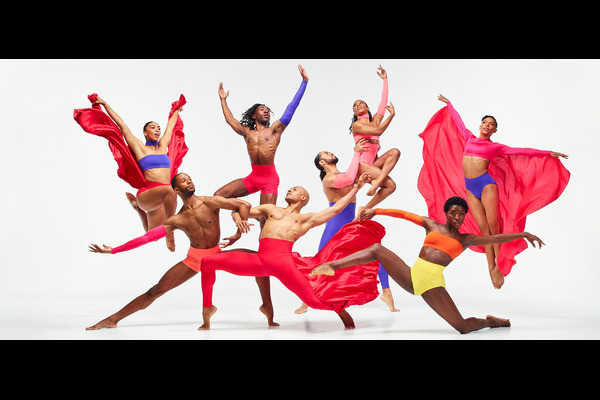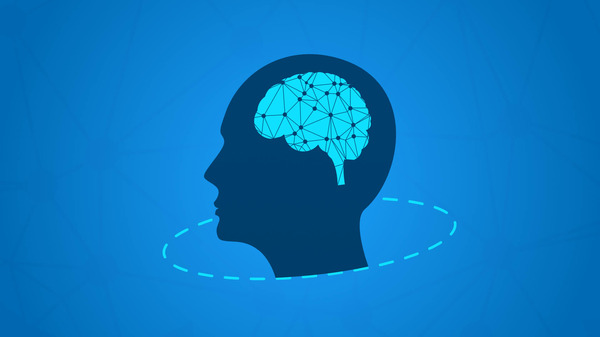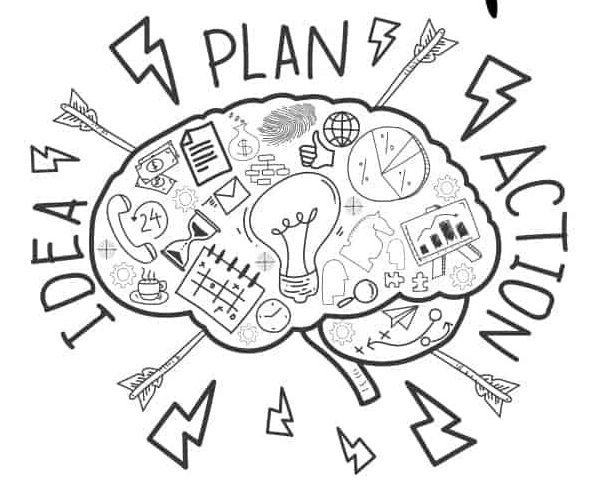Observing Shradh befittingly helps us seek ancestral blessings.
You thank the co-passenger for having had an eye on your luggage for few minutes. You also thank the colleague who just drops your cheque in the bank he was proceeding to. You don’t forget saying ‘Thanks’ to the waiter who offers you a cup of tea for which you do pay at the counter, and so on.
Ever thought of conveying gratitude to your mom who held you for full nine months in womb, nourished you as best as she could, without demur throughout the nonage even beyond, withstood all your mischiefs, tantrums and several acts of omission & commission.
Now, over to the series of tribulations your dad underwent for your sake, holding your delicate fingers to teach you how to write, or your little hand to help take the first step? Perhaps he drew a long term loan to meet your essential and non-essential expenses to keep you in positive frame. Doesn’t it need to be adjudicated in their evening of life, in some way?
After parents, we owe immensely to several individuals, institutions, and other entities that helped us get the position we are in today. How do we repay all that? Pay we must, because an unwritten law stipulates that each act of kindness, favour (or that of opposite ilk) must be recompensed. Else, those wronged by us may forgive us but our Karmas (i.e. our actions over time) shall not spare us, and haunt us like a calf identifies her mother among a thousand others. “The deeds that men do live after them”, goes the adage. There is no escape; apropos of the spectre of massacred King Duncan, whose soul disequilibrates Macbeth, the assassin, in Shakespeare’s Macbeth.
In Indian culture, atop to be grateful are the Gods followed by our ancestors because birth in human form is the prerogative of the most favoured, something for which even Gods aspire. It is so because in human form the soul in-built with enormous potential has the capacity to accomplish or achieve anything conceivable.
As for parents, though you can settle the expenses incurred by them on you, by any yardstick you cannot recompense for what inputs were deployed in building you. Beyond the material investment it is the moral & psycho-emotional inputs of parents that mattered utmost. You always had a costlier, more advanced handset, a shirt fancier than your parents had. They did much, often too much, for your well being so that you emerge as a decent, happiest and best person in their reckoning.
Harbouring feeling of gratitude towards parents unburdens the young ones, and simultaneously serves as great gratification to parents. The greatest gratitude one owes is towards mother who has been equated with God. Each one of us is here due to her; she is God’s emissary on earth. Since God couldn’t exist in human shape on earth, He sent her, it is said.
Gratitude is not same as indebtedness though both belong to one broad category. Gratitude is of abiding nature ingrained in one’s psyche, it is permanent, and spiritually elevates both parties while indebtedness is an issue of ‘give & take’ without further implications.
Indian school of thought has earmarked the annual Krishna Paksh i.e. no-moon fortnight of Hindu Bhadrapad month (this year, 20 September to 6 October) is annually observed by the Hindu as Pitra Paksh (i.e. two-week ancestral period). The Pitars (our ancestors) are believed to appear on earth to find how their descendants are faring; once satisfied that they are leading a virtuous, righteous life, the Pitars happily return to their celestial abode. After receiving the offerings for their sake during Shradh rituals, they bless their descendants. The good wishes ancestral souls shower on us proactively intervene in expediting fulfillment of our aspirations. Tarpan to the departed soul and feeding the Brahmins are among the major components of Shradh performance. The practice of Shradh is in line with ancestral worship advocated in all faiths.
Gratitude is considered as an ennobling feeling in Islam, Christianity, Buddhism and Judaism as well. The Prophet said, “Gratitude for the abundance you have received is the best insurance that the abundance will continue.” The fasting month of Ramdan is but an expression of gratitude to Allah. To Jonathan Edwards, a spokesperson of Christianity, gratitude and thankfulness towards God are the signs of true religion. According to Jews, all materials and comforts are attributable to God, so the followers must have gratitude. Ancestral worship is deeply ingrained in all aspects of Chinese culture.
Unmindful that legions are deprived of the comforts we partake of, “We often take for granted the very things that most deserve our gratitude,” said Cynthia Ozick. Gratitude is the sure shot modality to seek the divine grace. The ongoing Shradh till Amavasya (no-moon day) i.e. 6 October is an especially auspicious occasion to pay our tributes to our ancestors of which we are the most advanced version.
…. …. …. …. …. …. …. …. …. …. …. …. …. …. …. …. ….
The abridged version of this article was published on 3 October 2021 in Orissa Post Sunday magazine with the caption, ‘Gratitude to ancestors’. Link: http://odishapostepaper.com/edition/3834/orissapost/page/5
…. …. …. …. …. …. …. …. …. …. …. …. …. …. …. …. …. …. ….




